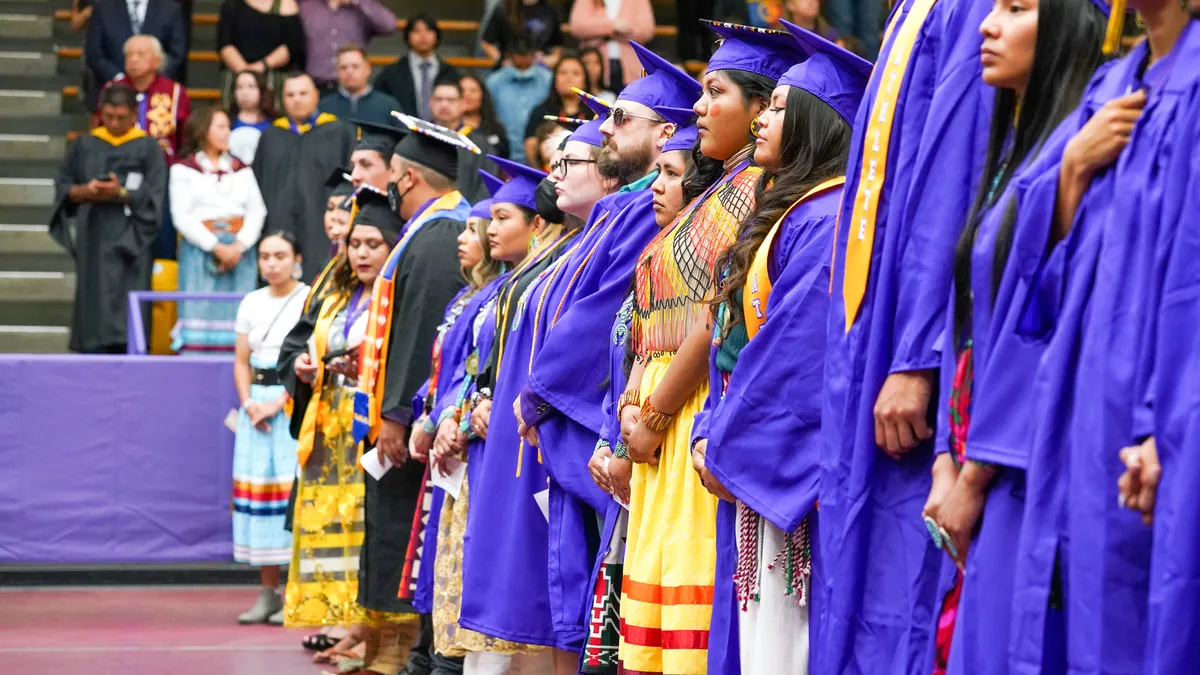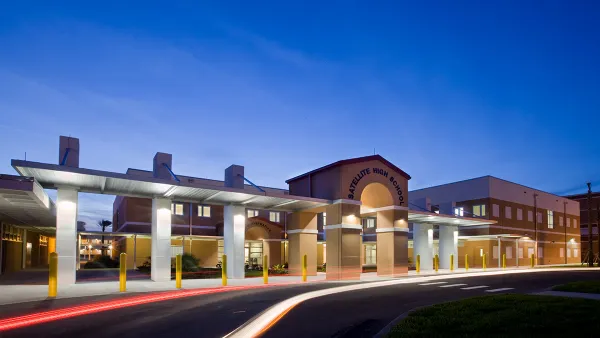A 15-page report released by the Government Accountability Office this week continues to classify 183 schools under the Bureau of Indian Education as "high risk." Schools serving 46,000 Native American students have been flagged since 2017 as vulnerable to fraud, waste, abuse and mismanagement.
A report in 2017 issued 65 recommendations for improving BIE operations and performance, but as of December 2020, 22 of those recommendations remained open, according to Rep. Burgess Owens of Ohio. Owens spoke at a House Education and Labor subcommittee hearing Tuesday on the policies and priorities of BIE schools.
"BIE has long been plagued by problems," said Owens. "I know BIE has undertaken multiple efforts to reform and reorganize to better support students, but I also know these reforms seem to have been unsuccessful so far."
The graduation rate in BIE schools is 53%, which is far below the national high school graduation average for all Native Americans at 69% and even further below the national average of 81%, according to the Bureau of Indian Education.
The new GAO report also said government and national education leaders must address remaining management weaknesses in BIE schools before the office considers removing the schools from the high-risk category. Weaknesses remain in the schools' capacity, monitoring and demonstrated progress, GAO said.
For example, BIE still has an overall staff vacancy rate of 33%, according to the report. BIE also has not fully monitored schools' use of federal education funds. These challenges were worsened by the pandemic-induced school closures, as lack of routine monitoring and assessment of technology "contributed to major delays" in providing distance learning for BIE students.
“Unfortunately, the pandemic only compounded the consequences of our multigenerational neglect of American Indian and Alaskan Native students," said Early Childhood Education and Secondary Education Subcommittee Chair Gregorio Sablan, of the Northern Mariana Islands, during the hearing.
BIE schools are located on or near reservations in 23 states and serve students mainly from low-income, rural communities, the report said. BIE is overseen by the Department of the Interior.







 Dive Awards
Dive Awards







